After nearly four decades as Cambodia's leader, Hun Sen handed over power to his eldest son Hun Manet after a general election in July 2023. At the time, Hun Sen said that although he was no longer prime minister, he still intended to continue his political activities.
After polling stations closed on the afternoon of February 25, the ruling Cambodian People's Party (CPP) announced that it had taken control of the country's Senate. CPP spokesman Sok Eysan said initial results showed that "the CPP has won at least 50" of the 58 senatorial seats, and that "it is clear that he (Hun Sen) has won one seat," according to AFP.
Sok Eysan confirmed that the CPP will nominate the former prime minister as president of the Senate when the party convenes in April as scheduled. The position will allow Mr Hun Sen to act as head of state when the Cambodian king is abroad.
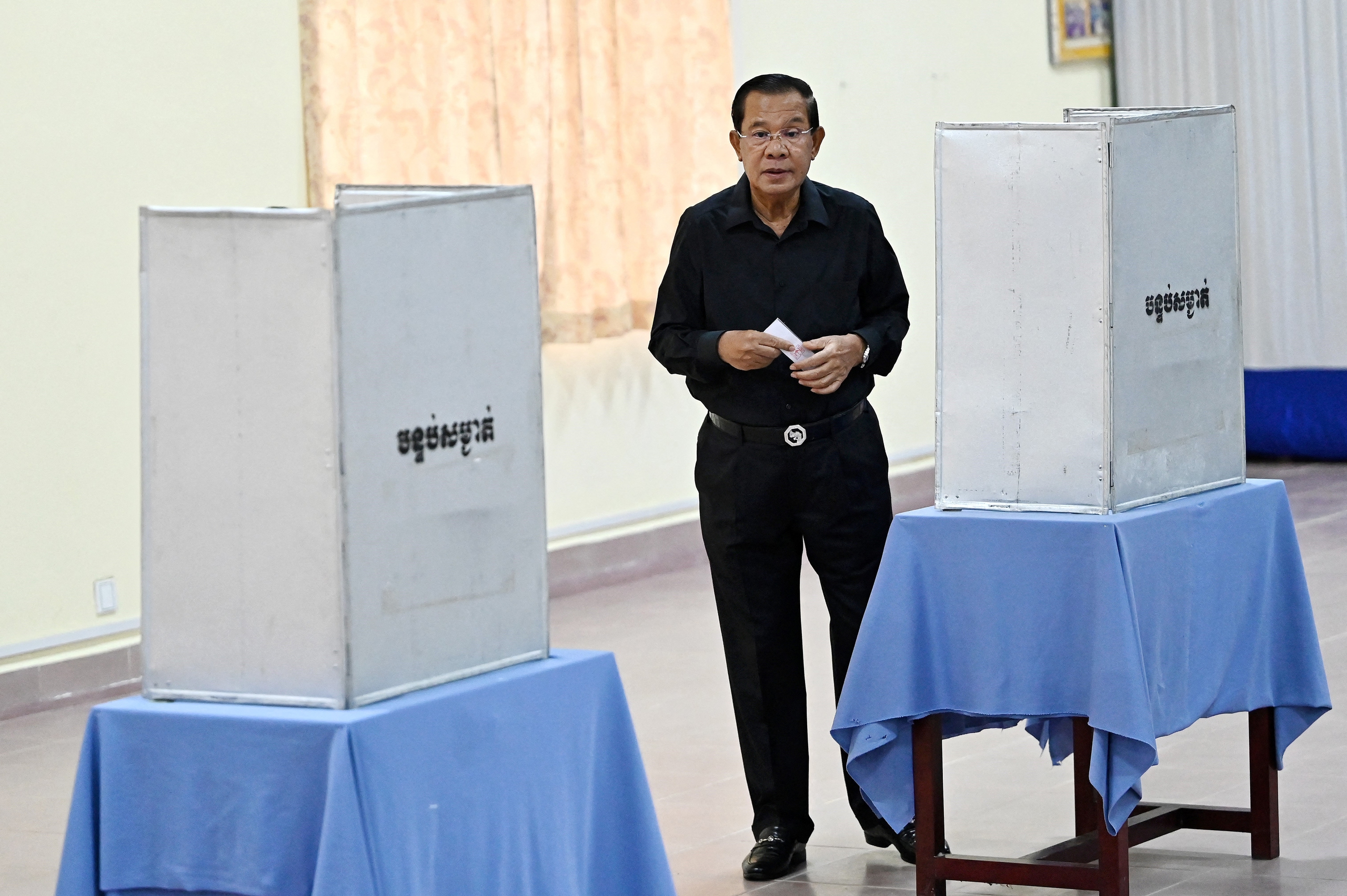
Mr. Hun Sen went to vote on February 25.
Cambodia's National Election Committee is expected to announce official results of the senate election in a few weeks.
Earlier, Mr. Hun Sen, who is currently the President of the CPP, voted at a location near his home in Takhmao city.
Four political parties, including the CPP, the royalist Funcinpec party and two small opposition parties, participated in the election.
Of the 62 seats in the upper house, 58 are elected by 125 lawmakers and more than 11,000 local government officials.
For the remaining four seats, Cambodian King Norodom Sihamoni appointed two senators, while the country's National Assembly appointed two others.
Most eligible voters are members of the CPP – which won a landslide victory in last year’s senate election – making Mr Hun Sen’s victory all but certain.
Voters in the capital Phnom Penh appear eager to see Mr Hun Sen returned to power.
"He has a lot of experience so if he leads the senate, our country will prosper," AFP quoted a voter named Oeu Siphon.
The election came after Cambodian lawmakers approved Hun Sen's youngest son, Hun Many, as deputy prime minister.
Source link


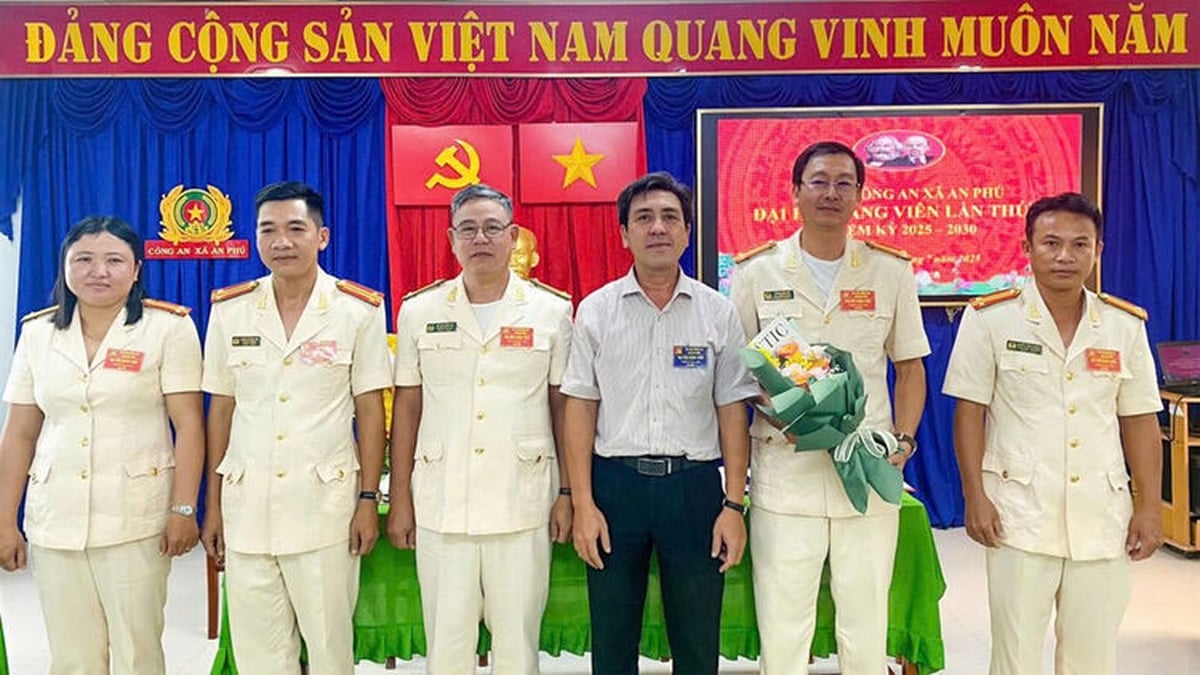
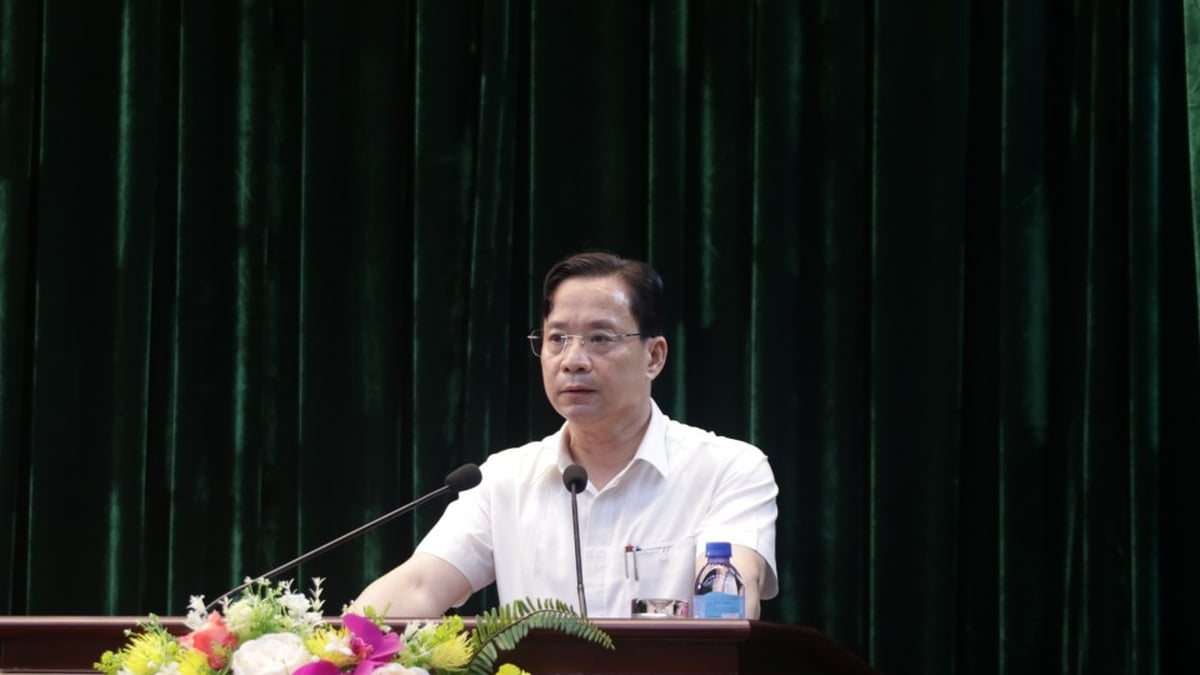
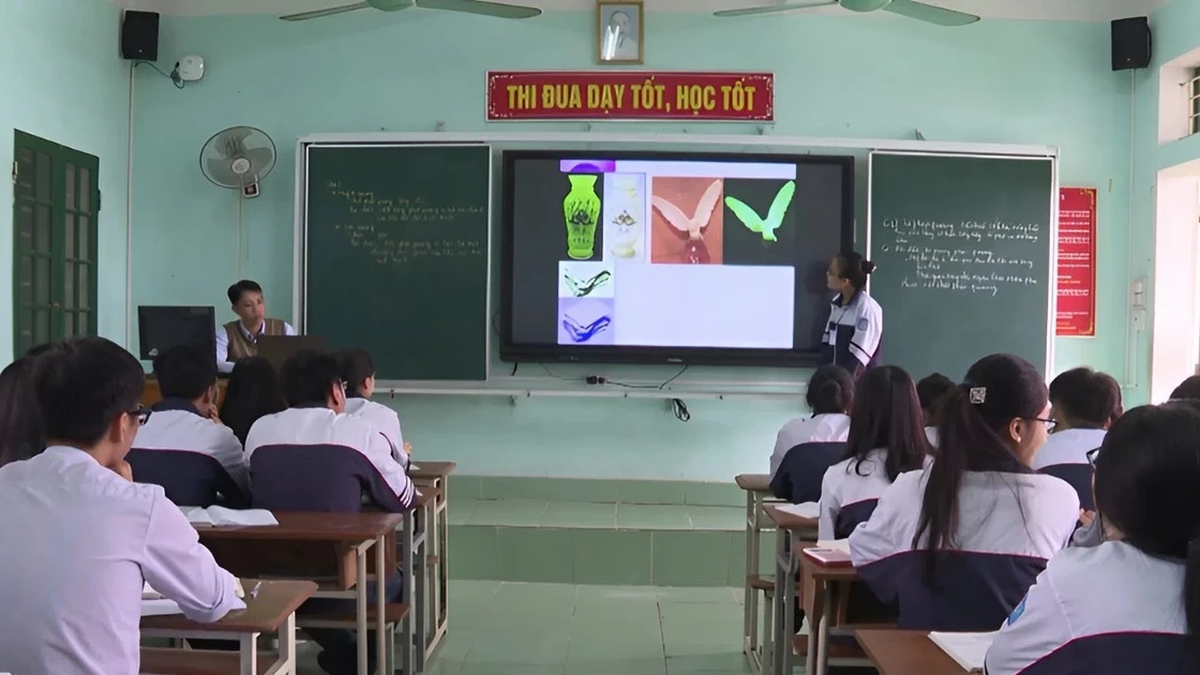
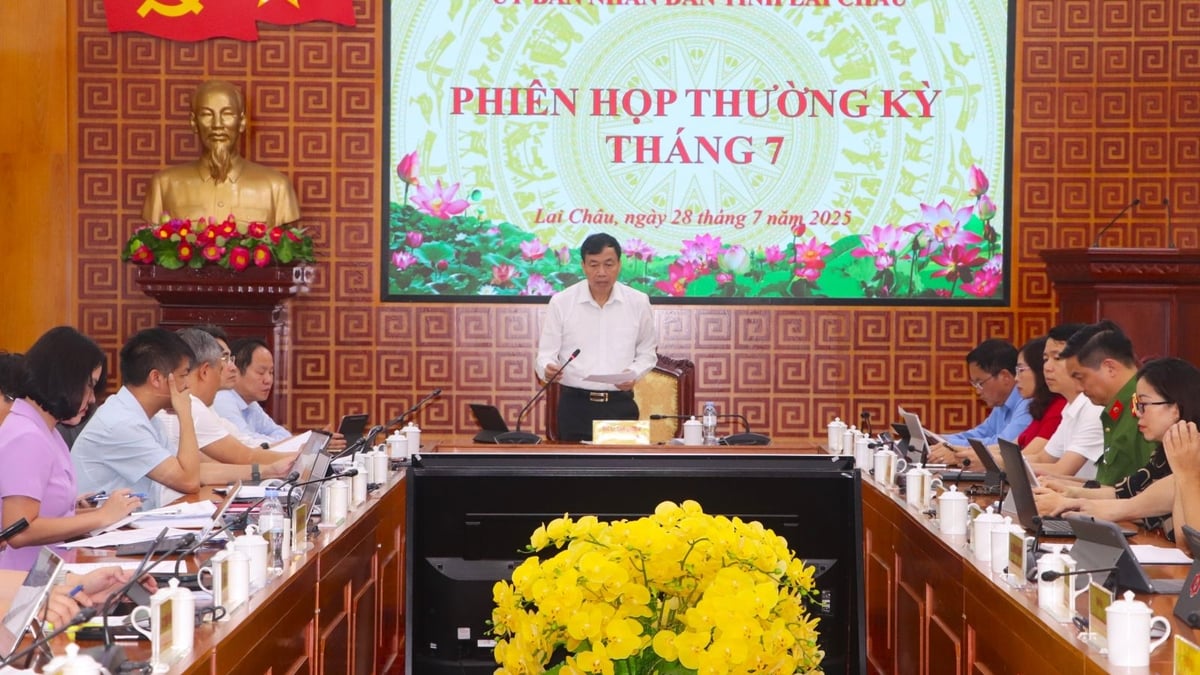


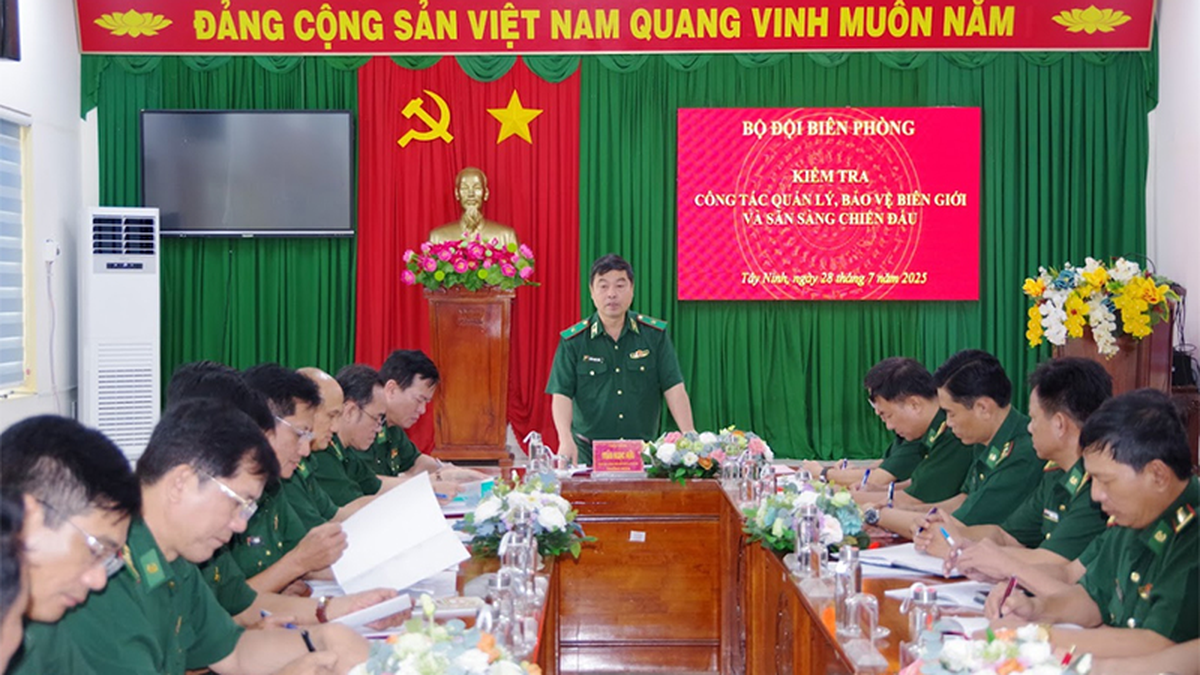
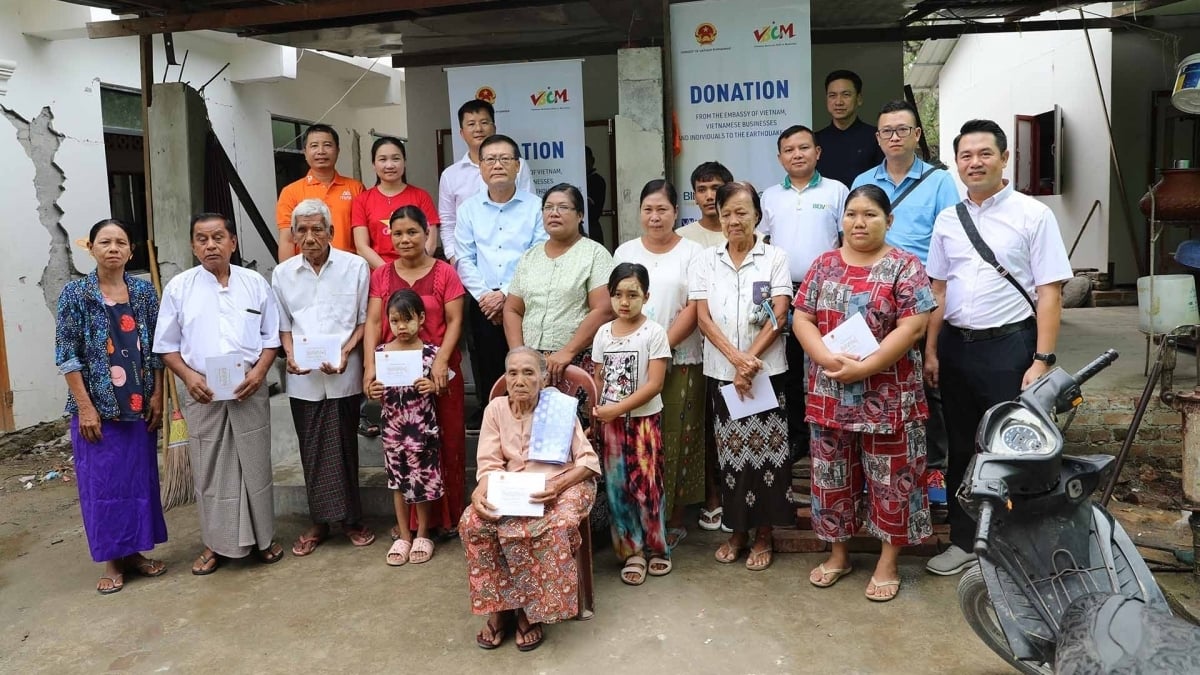
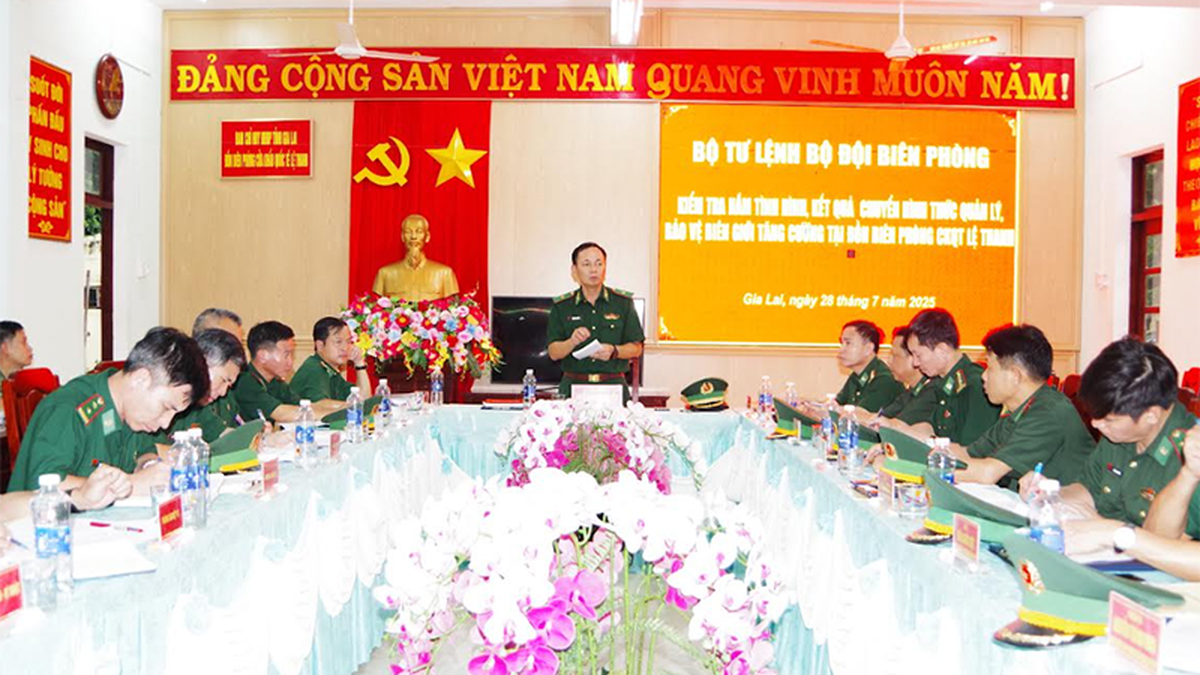
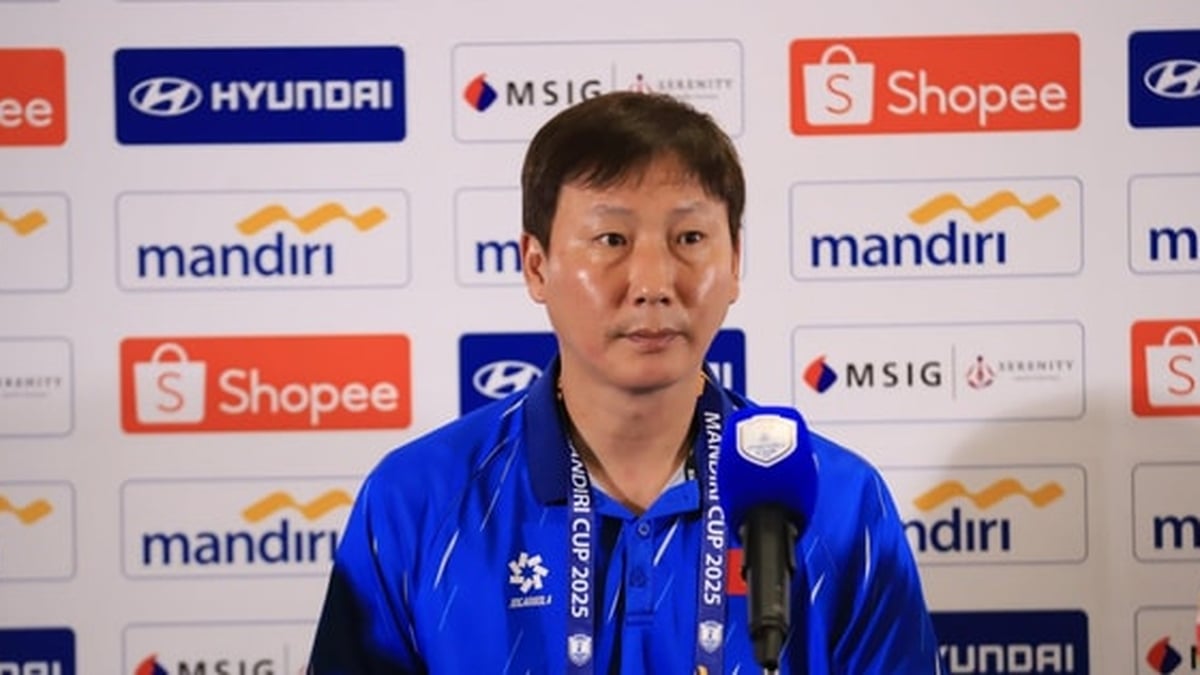












![[Photo] National Assembly Chairman attends the seminar "Building and operating an international financial center and recommendations for Vietnam"](https://vphoto.vietnam.vn/thumb/1200x675/vietnam/resource/IMAGE/2025/7/28/76393436936e457db31ec84433289f72)











































































Comment (0)